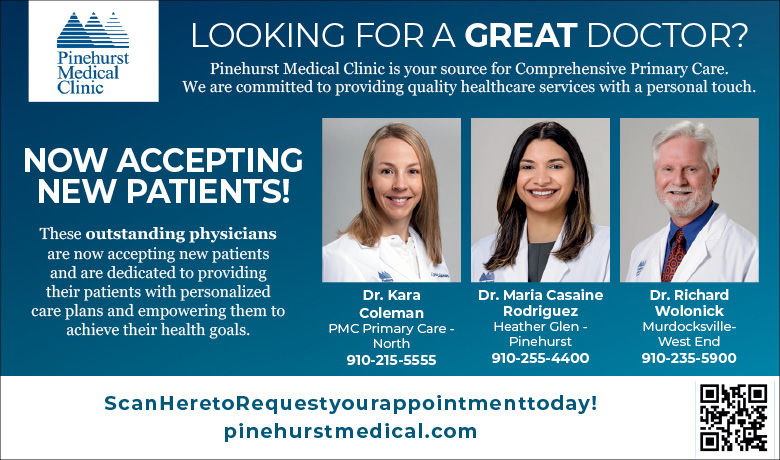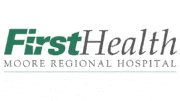Peripheral arterial disease (PAD) is a condition that develops when the arteries that supply oxygen-rich blood to the internal organs, arms and legs become completely or partially blocked as a result of plaque buildup or atherosclerosis.
PAD, which can increase the risk of heart attack, stroke, amputation and even death, affects 8 to 12 million Americans.
That is why FirstHealth Wound Care & Hyperbarics has joined the nation in recognizing September as PAD Awareness Month.
The many possible side effects of atherosclerosis include angina and heart attacks – if the coronary arteries are involved; strokes and transient ischemic attacks – if the carotid and vertebral arteries are involved; and claudication, non-healing leg ulcers and critical limb ischemia – if the lower extremity arteries are involved. PAD also poses particular problems for health care professionals and patients with chronic wounds.
Chronic toe and foot sores are common in people with PAD, as are cramping, numbness, weakness or heaviness in the leg muscles. Many patients with PAD do not experience symptoms. That’s why FirstHealth Wound Care & Hyperbarics performs tests for PAD, treats chronic wounds that may have underlying conditions of PAD and educates patients on how to manage PAD.
The staff of FirstHealth Wound Care & Hyperbarics recommends the following action steps to help manage PAD:
- Lifestyle changes such as quitting smoking and correcting blood pressure and cholesterol numbers
- Smoking, high blood pressure and high cholesterol are major risk factors for the development of PAD. Managing these conditions can help improve blood circulation.
- Healthy eating habits and an exercise plan
- Exercising can help increase the circulation and reduce pain in the lower extremities. Walking, hiking and bike riding are good exercise options. A personal trainer can help tailor a custom workout plan that best fits a person’s needs.
- Medications
- Always consult with a physician about which medications may help PAD and if they are needed.
- Special procedures and surgeries
- In some severe cases of PAD, surgery may be needed to open arteries that have narrowed. Consult with a physician to see if surgery is a necessary treatment.
The FirstHealth Wound Care & Hyperbarics staff is specially trained to monitor, manage and treat chronic non-healing wounds. To schedule an appointment, call at any of the three locations. Self-referrals are accepted.
- Moore Regional-Specialty Centers Building, 35 Memorial Drive, Pinehurst; (910) 715-5901
- Hoke Campus-Medical Office Building, 6322 Fayetteville Road, Raeford; (910) 878-6750
- Richmond Campus-Outpatient Center, 925 Long Drive, Rockingham; (910) 417-3636
For more information about the services provided at FirstHealth Wound Care & Hyperbarics, visit www.firsthealth.org/wound.











